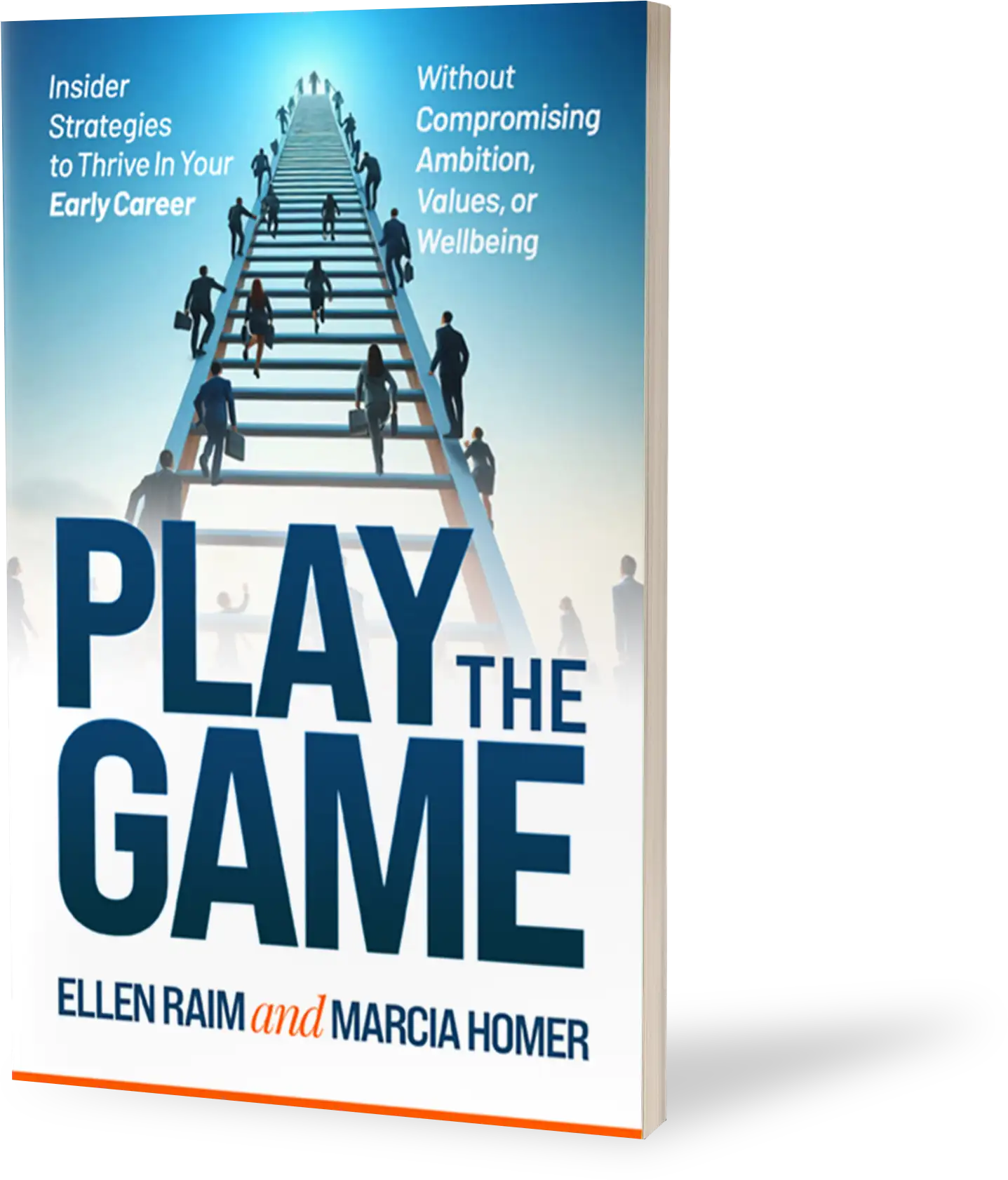Someone sent me an article Marshall Goldsmith wrote for CEO Magazine on Feburary 14, 2025—and since its now living rent free inside my head and won’t leave, I decided to get your take.
Goldsmith attended an HR conference where they discussed employee engagement. After the event he observed that: “100 percent of the employee engagement challenge was defined as either ‘the company’s problem’ or ‘the manager’s problem.’ Absolutely no responsibility for a lack of engagement was assigned to the employee. This is not an exaggeration. The message was that employees have no personal responsibility for their own engagement.”
He went on to say “ No matter the comp, the incentives, the coaching, some employees simply take more responsibility for their work while some “love to play the role of victim and blame others.”
He challenges managers and employees to ask themselves six questions to ensure they are holding themselves accountable. Did I do my best to:
- Set clear goals?
- Make progress toward goal achievement?
- Find meaning?
- Be happy?
- Build positive relationships?
- Be fully engaged?
I am struggling with whether Goldsmith has offered an astute observation or a convenient cop-out.
The workplace has been chaotic since May of 2020 when George Floyd was killed, and companies tiptoed into the DEI space. That was followed by COVID, which by October of 2020 forced many of us to work from home and some of us to lose our jobs altogether. In 2022, we saw major inflation which drove the price of goods up faster than the rate of employee raises; this made employees finances much tighter. AI came on the scene in late 2022 and the media started talking about machines replacing people’s jobs. Next came large tech layoffs starting in 2023 and the demand that employees return to the office full time in 2024. Now in 2025 the new administration is moving fast to change many of existing workplace norms and practices.
Leaders, managers, HR professionals and employees have not really had a chance to catch their breath. Workplace stress is higher than it’s ever been, with 83% of workers reporting they experience work related tension. So it’s no wonder that according to Forbes, 79% of employees (and that is at all levels) claim to be disengaged at work.
Granted, Goldsmith’s six questions are very insightful, and it is always best to try to own your own happiness and success, but I don’t think you can expect to fix engagement just by telling people to have a more “positive attitude” (Goldsmith’s question #4).
The system is out of balance. There are some things affecting our jobs that are out of our individual control—and that cannot be fixed by just working harder and setting clear goals (two of Goldsmith’s suggested questions). We require some large scale changes.
I think there is a role here for senior leaders to think of the workplace more holistically. To realize employees are not fungible resources but long-term investments. Maybe the questions to ask should be Did I/we:
- contribute to creating a work environment that supports long-term satisfaction and success?
- take steps to ensure the necessary tools, resources, and support were available to do quality work?
- foster a culture of open communication, trust, and respect in daily interactions?
- actively seek opportunities for growth, learning, and career development?
- recognize and appreciate contributions—both my own and those of others—in a meaningful way?
- acknowledge and adapt to external challenges (economic shifts, workplace norms, industry changes) rather than ignoring them or placing blame?
Here isr the article if you want to read it.
https://chiefexecutive.net/lacking-engagement-at-work-answer-these-questions/
Let me know what you think.
